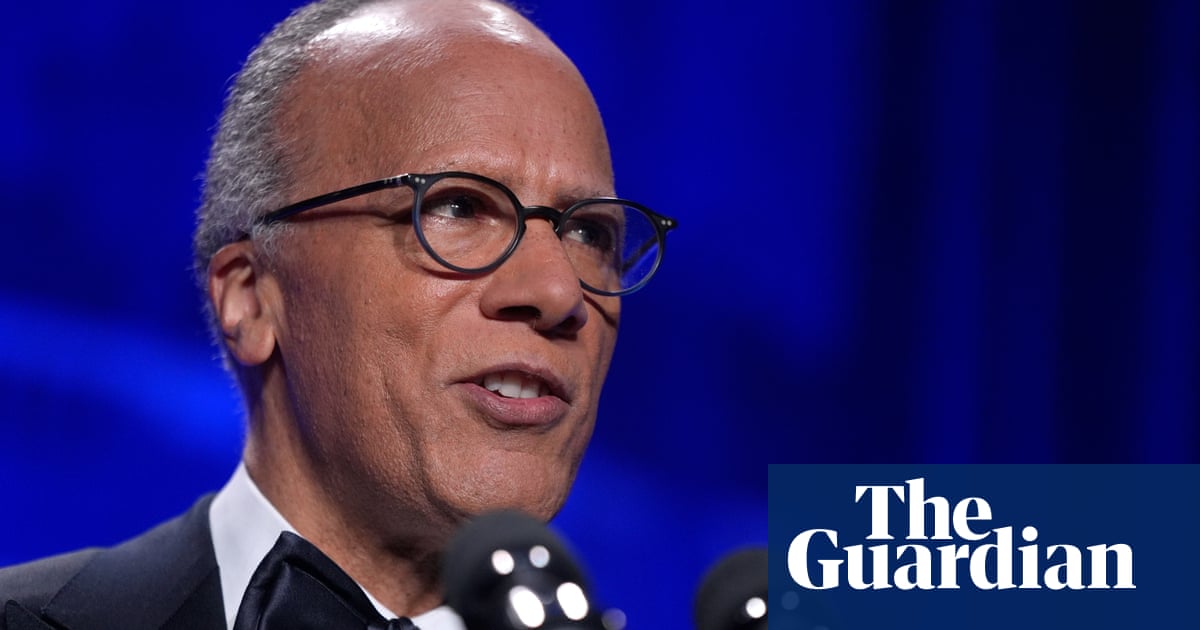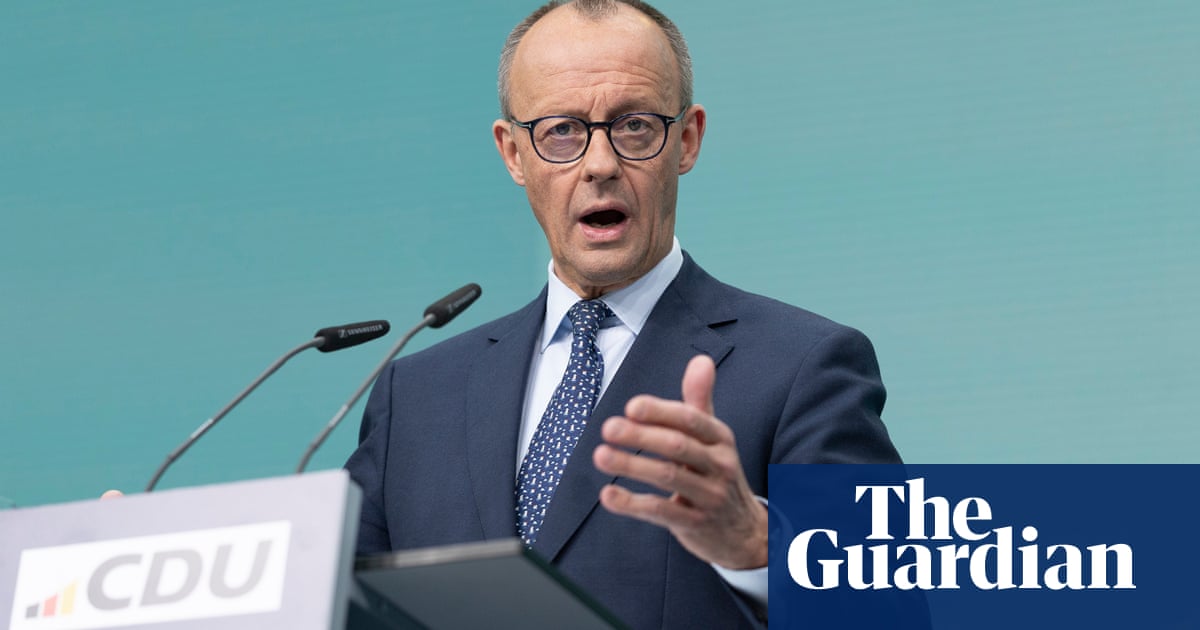“It’s done! Get over it! It’s eight years ago! We’re independent and we’re free!” claimed Nigel Farage on Question Time last week. But the louder he asserted it, the less convinced he sounded. Watch the Brexit that made him becoming an albatross, as it is for the Tories.
This week’s new set of EU trade regulations hammering Britain’s smaller exporters is proof that it isn’t over, but forever adding to our economic woes. From Thursday, general product safety regulations (GPSR) will apply to a huge new range of products. The Federation of Small Businesses (FSB) warns: “The GPSR will be a real barrier to trade.” Exporters will need an agent within the EU or Northern Ireland, costing at least €150 an item a year. “I only found out when eBay said they’d only take GPSR products from this week,” says Noel Humphrey. His company, Electron Electronics, manufactures, sells and trades in small electrical parts. “It will cost me an extra £25 for each soldering iron I sell. If we were still in the EU, this would be no problem,” he says. “And we’d be at the table that makes these rules.” Electron may give up exporting.
On Monday, Rachel Reeves went to Brussels, the first UK chancellor to visit the Eurogroup of EU finance ministers since Brexit, proclaiming she wants an “economic reset” to break down barriers to trade. In pursuit of growth, this aim becomes more pressing every month. British food exports to the EU have fallen by £3bn a year according to the Centre for Inclusive Trade Policy, and Brexit trading barriers cost each household £210 extra for food in the two years up to 2021. The Office for National Statistics says Brexit cost the UK £1m an hour in 2022. The Office for Budget Responsibility estimates Brexit will cause UK trade to fall by 15%. Replicating EU regulators, as for medicines and chemicals, is expensive. Aggravations abound: unsafe tap water is the latest risk because the UK can no longer access EU labs for testing. All this percolates through to voters.
Europhobes now sound like voices from a vanishing planet. Here’s a good example: useful new EU regulations mandate one phone charger for all makes. The UK will embrace this commonsense change, but Mark Francois of the (does it still exist?) European Research Group protests “Labour clearly believe we should become a rule-taker from Brussels again.” Iain Duncan Smith adds “This is the example of how, through the backdoor, the EU controls us.”
In the real world, three-quarters of farmers say Brexit has impacted them negatively. Fishers never got the deal promised. Musicians are in despair at restrictions on their ability to work in the EU. Brexit blight helps explain the decline in the London stock market, with 40,000 high-value city jobs lost. Falling foreign direct investment is a symptom of a post-Brexit slide in international standing.
Meanwhile, every poll taken in the past two years has a majority for rejoining the EU. Do they mean it? That’s far too hypothetical to know, since conditions may include joining the Euro. But this shift in attitude makes the prospect of ending trade barriers by belonging to the European free trade area (Efta) alongside Iceland, Liechtenstein, Norway, and Switzerland look politically possible. Most people work for small- and medium-sized businesses, so they can see when red tape and trade barriers affect their workplace.
Whatever way they voted, people can see the harm done by the bad Brexit deal. Farage wasn’t allowed to address the recent farmers’ protest for fear he’d be barracked over Brexit. The prospect of Elon Musk swamping British democracy with a massive donation to Reform will not endear Farage to patriots who wanted their sovereignty back either. Yet despite there being overwhelmingly more MPs from parties that opposed Brexit, Labour hardly dares engage.
Labour’s manifesto promised to make the UK “a leading nation in Europe once again”. Words may be warmer, but sticking points stay stuck. While the UK remains resolutely outside the customs union and single market, the EU will strictly limit any “cherry picking”, according to EU discussion documents leaked to the Financial Times. Fishing rights will be an early issue, emotive on both sides of the Channel. Youth mobility will be another EU sine qua non, yet even that popular plan has been firmly blocked so far by Labour. The EU declares it “indispensable” to any further negotiation, according to Politico’s leaked report.
If politicians stay mute, then all the lobbies – the Confederation of British Industry, the Federation of Small Businesses, the British Chambers of Commerce, the National Farmers’ Union, the Musicians’ Union, Make UK – for manufacturers and every representative of interests damaged by Brexit need to speak louder. Rolling the pitch ahead of negotiations, the European Movement, newly led by Caroline Lucas and Dominic Grieve, gathers these voices for trade, cultural and youth prospects.
But so far there is no official softening up for next year’s UK-EU summit. Brave talk of breaking down barriers comes without public preparation for relaxing UK red lines. Keir Starmer proclaims there is no need to choose between the US and EU in trade: let’s hope he is right and Trump doesn’t arm-twist that choice with killer tariffs. The prime minister omitted repairing Brexit damage from his “growth” missions. For now, everything is in flux, waiting to know what Trump intends, waiting for the outcome of the political turmoil in France and Germany.
But crises over Nato, Ukraine, the Middle East, Syria and China may drive Britain and the EU into an emergency security alliance. Starmer’s pledge to put country before party means ignoring the maniacally Europhobic media. Closer cooperation on everything from security and asylum policy to energy, climate and trade impels this offshore island to draw closer to its allies and interests.
No more political neuralgia over the possibility of joining Efta, the single market and customs union membership. For as long as we stay away, month after month “dynamic alignment” in accepting new EU regulations is forced on us anyway, as small businesses this week yet again find themselves taken by surprise by new EU rules constricting exports to our main trading partners. Starting a realistic public conversation, Labour needs to recognise the turning of the Brexit tide.
-
Polly Toynbee is a Guardian columnist

 2 months ago
40
2 months ago
40













































